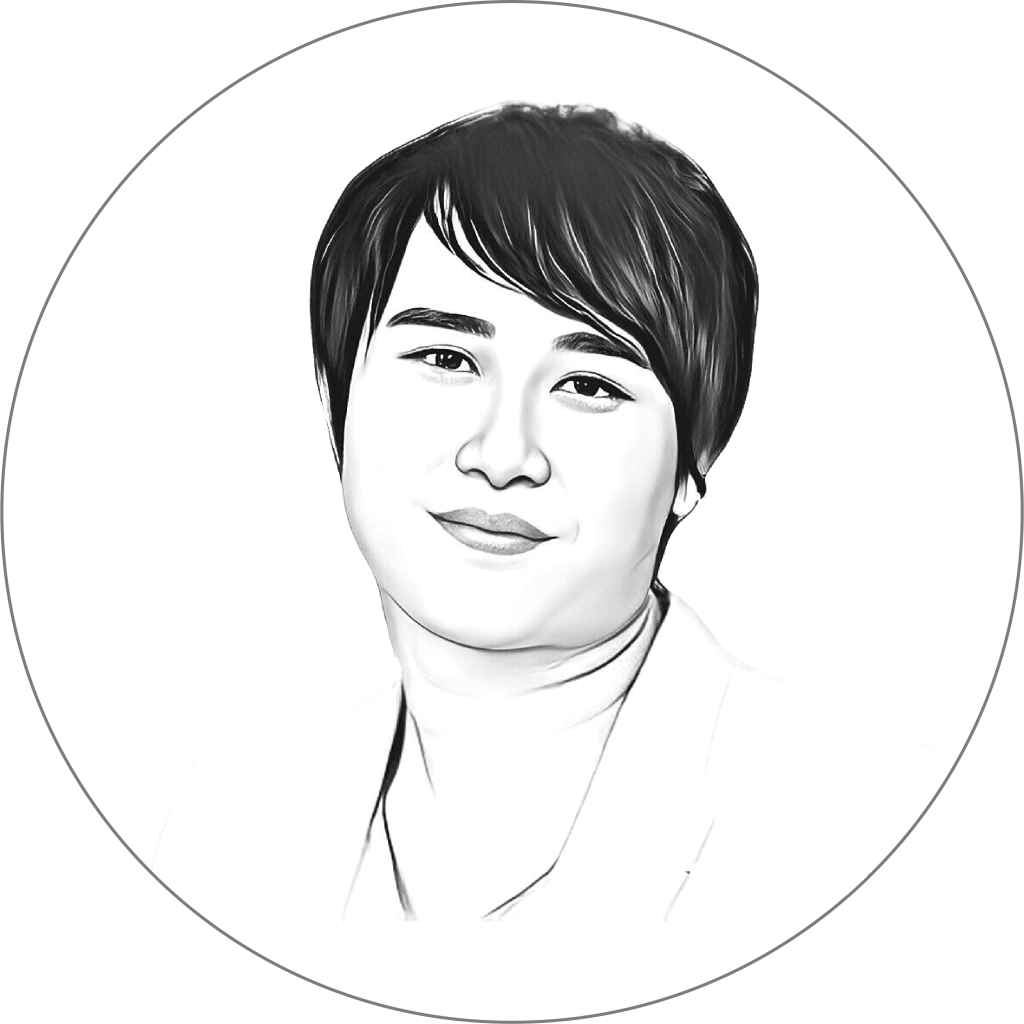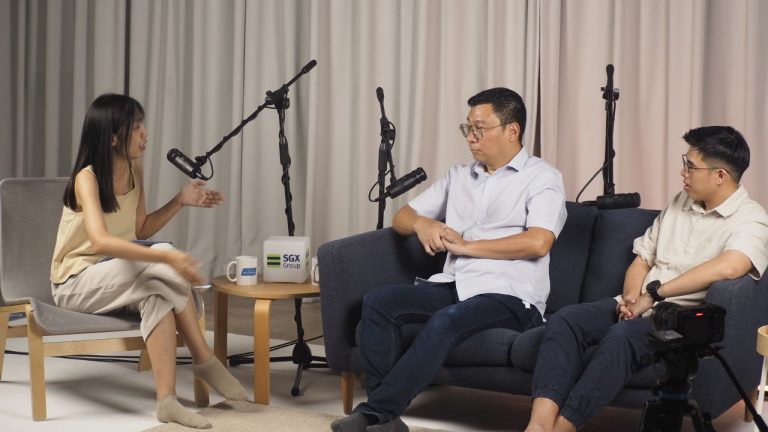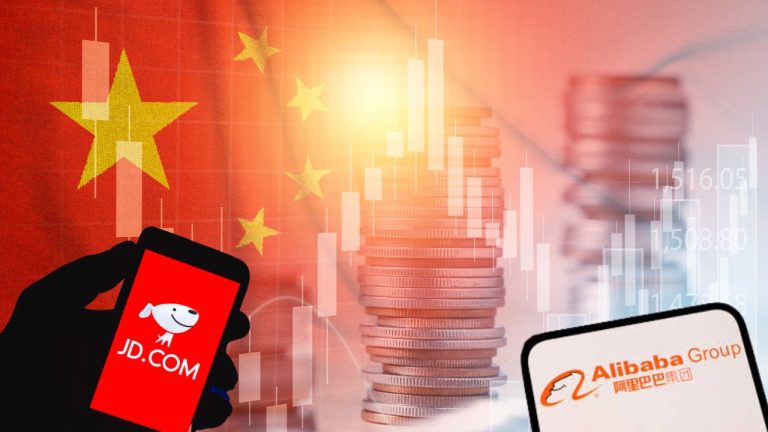
Keith
in Memos & Musings · 3 min read
Let’s be honest — plenty of people dream about achieving Financial Independence and maybe retiring early by the time they hit 50. That alone feels ambitious for most.
But reaching FIRE before 35?
That’s not just a dream — that’s the dream of dreams.
And no, it didn’t just magically happen for me.
I didn’t win the lottery. I wasn’t born into wealth.
I built this life — purposefully, intentionally — starting with my very first portfolio at age 21.
At the time, I was already working in wealth management. Being in the industry in my early 20s gave me something most people don’t get at that age: a front-row seat to how money actually works in real life — not just in textbooks or theory.
I watched people grind for decades, chasing every promotion, climbing the corporate ladder — only to remain stuck financially. And I also served clients who had figured it out. These were people who didn’t just earn well — they invested well. Their money was working so efficiently that it gave them freedom, not just returns.
And that contrast left a deep impression on me.
I realised: working hard for money is important, but letting money work harder for you? That’s the real unlock.
When you get this right, something magical happens — you eventually reach a point where your income from the markets can exceed what you earn from your day job. And that’s when the game changes.
⸻
So, what is life like after hitting FIRE in your early 30s?
Here are a few truths from the other side:
- You don’t always have to choose the cheapest option.
Back then, I went through three second-hand cars before I finally got my first new one. I needed a car for work — meeting clients, running appointments — but each used car came with its own set of issues. Constant repairs, surprise breakdowns… it was stressful, disruptive, and occasionally financially draining.It felt like I was always patching holes just to keep things moving.
And it wasn’t just cars. Same story with laptops, appliances, and many other things in life.
When you’re tight on cash, you default to what’s cheapest. Not what’s most reliable. Not what saves you time or energy in the long run.
These days, things are different. I don’t spend for the sake of it — I still look for value. But I no longer have to settle. I can choose based on quality, convenience, and peace of mind. Whether it’s a durable appliance, a direct flight, or just paying a bit more to avoid stress — I now have the option.
And that’s what most people miss: Financial independence isn’t about chasing luxury. It’s about buying back control. The control to choose what works best for your life — not just what your wallet can stretch to.
- You can take breaks anytime.
Life happens. Accidents. Illness. Aging parents. And when it does, you quickly realise that time — not money — is your most precious resource.
A few years ago, one of my parents had to go through chemotherapy. It was a tough season — emotionally and physically draining for the whole family. But here’s what I’m deeply grateful for: I didn’t have to think twice about stepping away from work to be there. I wasn’t constantly watching the clock or stressing over lost income. I could show up for hospital visits, sit through treatment sessions, and just be there — fully present.
And it’s not just about emergencies. These days, I can take extended holidays with zero guilt or anxiety. No rushing to apply for leave. No worrying about KPIs or checking emails halfway across the world. I can unplug, unwind, and truly enjoy the time — because I’ve bought that flexibility.
That kind of freedom — the freedom to prioritise your loved ones, your well-being, and your time — that’s the real wealth.
- You work because you love it, not because you need to.
I still do what I do — but not because I need to.
I do it because I genuinely enjoy helping others walk the same path toward financial freedom.
The biggest shift? I’m no longer chasing every dollar.
That clarity gives me space — space to think about what’s truly best for the other person, not just what’s best for my bank account.
And when you’re not pressured to “close the deal” to survive, something changes.
You listen more. You think long-term. You build trust.
That mindset doesn’t just shape how I work — it shapes how I build.
When you create businesses from a place of abundance, you can actually be customer-first — not just say it.
You’re not thinking, “How do I hit revenue targets this month?”
You’re thinking, “How do I create meaningful, lasting results for the people I serve?”
And let me tell you — there’s something deeply fulfilling about that.
It’s not just impact. It’s alignment.
You do good work because it’s the right thing to do, not because your lights depend on it.
That’s the kind of freedom that allows you to build the kind of company you want —
And financial independence unlocks it.
- You get your life and health back.
I’ve done the grind — the 12-hour days, the late-night client calls, the constant pressure to deliver. I’ve dealt with the demands, the deadlines, and the people who expected the world for pennies.
But now? I get to choose.
If someone has unrealistic expectations or brings unnecessary stress into the equation, I simply don’t take them on. I’m no longer in the business of proving myself to everyone. I value my peace far more than chasing every opportunity.
And it’s not just mental peace — it’s physical too.
Over the past couple of years, I’ve started reclaiming my health. I dropped 8 kilos, started intermittent fasting, and made exercise a regular part of my routine. I go for walks, I hike, I rest when I need to — things I used to put off in the name of “hustle.”
Because the truth is, health is wealth.
What’s the point of financial freedom if you’re too burnt out to enjoy it?
The body keeps score. And for years, mine bore the brunt of the hustle. I’m now taking the time to reset — to feel good, move better, and live fully.
And honestly? That might be one of the most underrated wins of FIRE.
You don’t just buy time. You buy back yourself.
- You stop having to prove anything to anyone.
I still remember a time when a senior told me bluntly,
“You’re a nobody now. Better dress more appropriately.”
And he wasn’t wrong. In the corporate world, perception is everything. So I suited up — clean-cut, polished, every detail thought through — just to land 4- or 5-figure investment deals. I played the part because I had to.
Fast forward to today?
I show up in coffee shop attire — shorts, slippers, the works — and clients happily entrust me with 6- or even 7-figure portfolios.
Why? Because the results now speak louder than the presentation.
Because when people know your track record, they don’t care what brand of shoes you’re wearing — they care about the value you deliver.
And here’s the real shift:
There’s a quiet kind of liberty in not needing to impress anyone anymore.
You stop putting up a front. You stop performing.
You just show up as you — authentic, at ease, and completely aligned with who you are.
You’re not afraid to lose clients. You’re not second-guessing how you’re perceived.
When you have nothing to prove and nothing to lose — that’s when your confidence becomes unshakable.
And that freedom?
It’s worth more than any suit I ever wore.
Final Thoughts: You Either Master Money, or You Serve It
In the beginning, most of us don’t have a choice.
We hustle, we grind, we build from scratch.
But once you start saving, investing, and letting your money work for you — that’s when things get interesting. That’s when you start reclaiming your life.
Of course, it wasn’t always smooth. I made mistakes. I ventured into uncharted territory. But I also had the privilege of learning from mentors who came before me.
And through my own journey, I hope you’re beginning to see just how much financial freedom can truly be worth — and why it might just be one of the most worthwhile things to pursue.
If I could sum it all up:
The earlier you regain control of your time and money, the more joyful your life becomes.
And if FIRE is something you’re working towards?
Know this — it’s possible. But it requires intention, courage, and a willingness to walk the less-traveled road.
Not Retire Early — But Rewire Early
My belief has never been that FIRE is about quitting work entirely —
especially not when you’re still young, still somewhat capable, and full of ideas.
To me, FIRE isn’t about escaping life.
It’s about designing a better one.
That’s why, for me, FIRE stands for something deeper:
Financial Independence, Rewire Early.
Not retire early — rewire early.
You shift gears. You explore passion projects. You redefine success beyond just titles and paychecks. You start focusing on what truly matters — your time, your health, your choices, your peace.
And that, I believe, is the real dream. One that’s worth chasing. One that’s entirely possible.
So if you’re reading this — I hope it sparks something in you. The desire to take control. To live more deliberately. To build a life not just of success, but of significance.
Because you don’t have to wait until 65 to live well.
You just need to decide early to live better.



About Keith
Keith is an investment mentor at The Joyful Investors and is the originator behind the Moneyball Investing methodology, a strategy that facilitated his attainment of financial independence by the age of 35. He is a licensed senior wealth adviser who has more than 18 years of experience in working with asset managers to deliver wealth advisory services to private clients, with a focus on retirement planning. His expertise in portfolio management has not only enabled many clients to retire early but has also earned him accolades, including the iFast Symposium Top Wealth Advisers award, among others.
Important Information
This document is for information only and does not constitute an offer or solicitation nor be construed as a recommendation to buy or sell any of the investments mentioned. Neither The Joyful Investors Pte. Ltd. (“The Joyful Investors”) nor any of its officers or employees accepts any liability whatsoever for any loss arising from any use of this publication or its contents. The views expressed are solely the opinions of the author as of the date of this document and are subject to change based on market and other conditions.
The information provided regarding any individual securities is not intended to be used to form any basis upon which an investment decision is to be made. The information contained in this document, including any data, projections and underlying assumptions are based upon certain assumptions and analysis of information available as at the date of this document and reflects prevailing conditions, all of which are accordingly subject to change at any time without notice and The Joyful Investors is under no obligation to notify you of any of these changes.
· · ·
Have you enjoyed this article? We’d be grateful if you would share this useful content to your friends who may benefit from it as well.



